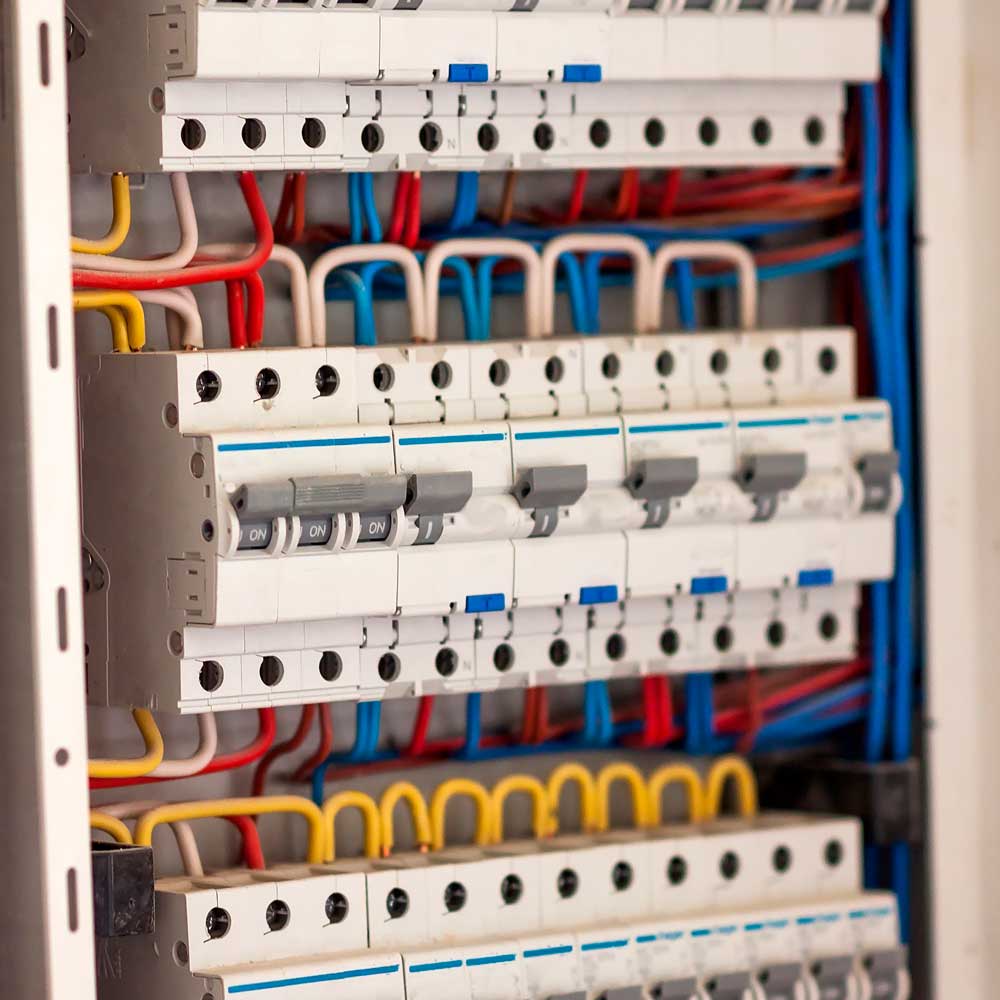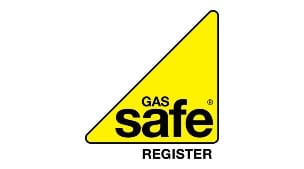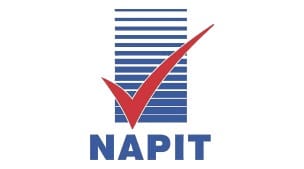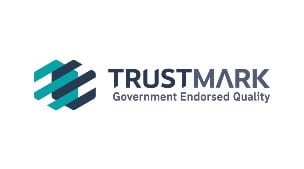What is an Electrical Certificate?
Electrical Certificates or EICRs
Only £70 inc VAT
All electrical installations deteriorate with time and should be inspected and tested every 3 to 5 years for continued service. Such safety checks are commonly known as ‘electrical certificates’ or ‘domestic electrical installation condition report’.
On the 1st June 2020, the UK Government released guidance on the Electrical Safety Standards in the Private Rented Sector (England) Regulations 2020.
There are three sets of guidance with separate versions released for landlords, tenants, and local authorities in England.
Private Landlords must ensure
- Electrical safety standards are met when the property is occupied during a tenancy.
- Every fixed electrical installation at the property is inspected and tested at least every five years by a qualified person.
- The first electrical inspection and testing are carried out before new tenancies commence on or after 1 July 2020 and by 1 April 2021 for existing tenancies.
An electrical certificate report will:
- Reveal if any of your electrical circuits or equipment are overloaded.
- Find any potential electric shock risks and fire hazards.
- Identify any defective electrical work.
- Highlight any lack of earthing or bonding.
Tests are also carried out on wiring and fixed electrical equipment to check that they are safe. A schedule of circuits is also provided, which is invaluable for a property.
Who should carry out the electrical certificate inspection and what happens?
Electrical inspection reports or certificates should be carried out only by an accredited, competent persons, such as a registered electrician. They will check the condition of the electrics against the UK standard for the safety of electrical installations, BS 7671 – Requirements for Electrical Installations (IEE Wiring Regulations).
All our engineers are either NICEIC (external link), or NAPIT (external link) registered and are fully qualified to carry out electrical certificates or domestic electrical installation condition reports.
Our membership number is NAPI61669. You can find out more about us on NAPIT (external link).
MAKE SURE YOU DON’T WASTE YOUR MONEY!
Most Local Councils, Housing Associations and Estate Agents or Managing Agents will only accept Electrical Certificates that have been signed off by a fully qualified and registered engineer. Also if something should happen such as an electrical shock your insurance may not cover you without a valid electrical certificate. Take the following steps so you know you are not wasting your money or taking a risk:
- Check if the electrician you are using is Registered with a regulatory body such as NICEIC, ELECSA or NAPIT;
- Only Approved Contractors can issue electrical certificates (EICRS) NOT Domestic Installers – ensure the electrician is registered with the appropriate scheme;
- Make sure they are Fully Insured with a registered body – only registered electricians can obtain such insurance;
- Ensure sure they Don’t Issue you off the shelve Green Papers – anyone can use them!
Our engineers will inspect and take into account all the relevant circumstances and checks on:
- The adequacy of earthing and bonding.
- The suitability of the switchgear and controlgear. For example, an old fusebox with a wooden back, cast-iron switches, or a mixture of both will need replacing.
- The serviceability of switches, sockets and lighting fittings. Items that may need replacing include: older round-pin sockets, round light switches, cables with fabric coating hanging from ceiling roses to light fittings, black switches and sockets mounted in skirting boards.
- The presence of adequate identification and notices.
- The type of wiring system and its condition. For example, cables coated in black rubber were phased out in the 1960s. Likewise cables coated in lead or fabric are even older and may well need replacing (modern cables use longer-lasting pvc insulation).
- Making sure you have a fusebox with a suitable residual current device (RCD).
- The extent of any wear and tear, damage or other deterioration.
- Any changes in the use of the premises that have led to, or may lead to, unsafe conditions.
Our engineer will then issue you with an Electrical Installation Condition Report or Electrical Certificate detailing any observed damage, deterioration, defects, dangerous conditions and any non-compliances with the current standard.
If any dangerous or potentially dangerous condition or conditions are found, the overall condition of the electrical installation will be declared to be ‘unsatisfactory’, meaning that remedial action is required without delay to remove the risks to those in the premises.
accreditations
All of our property professionals are members of the relevant scheme.
Testimonials
What our clients say






